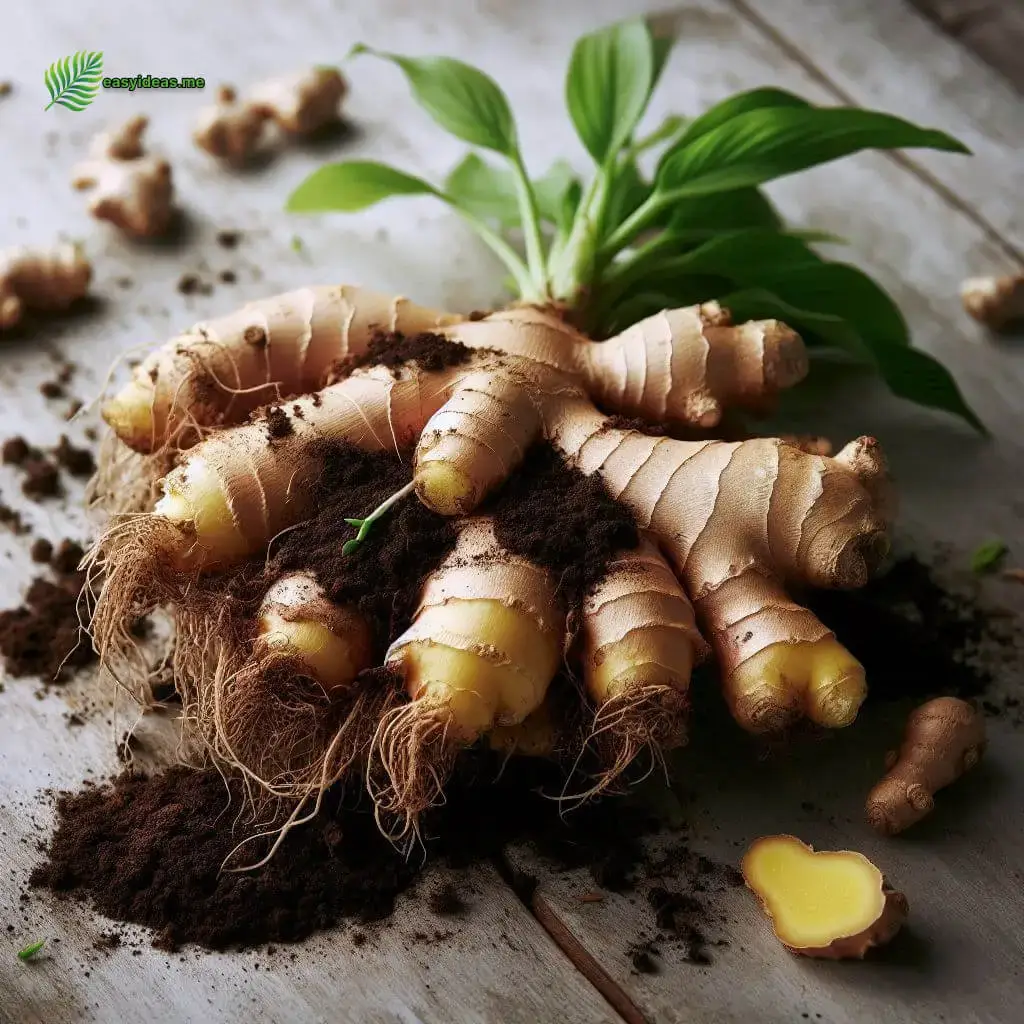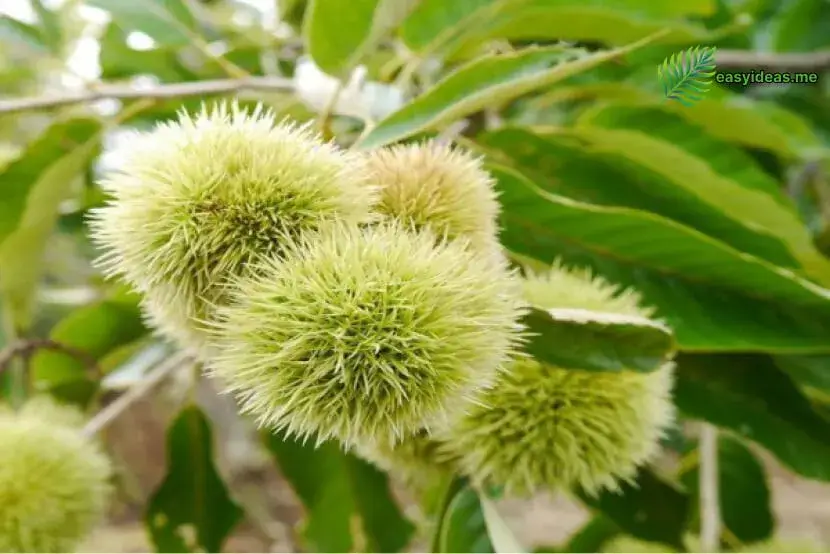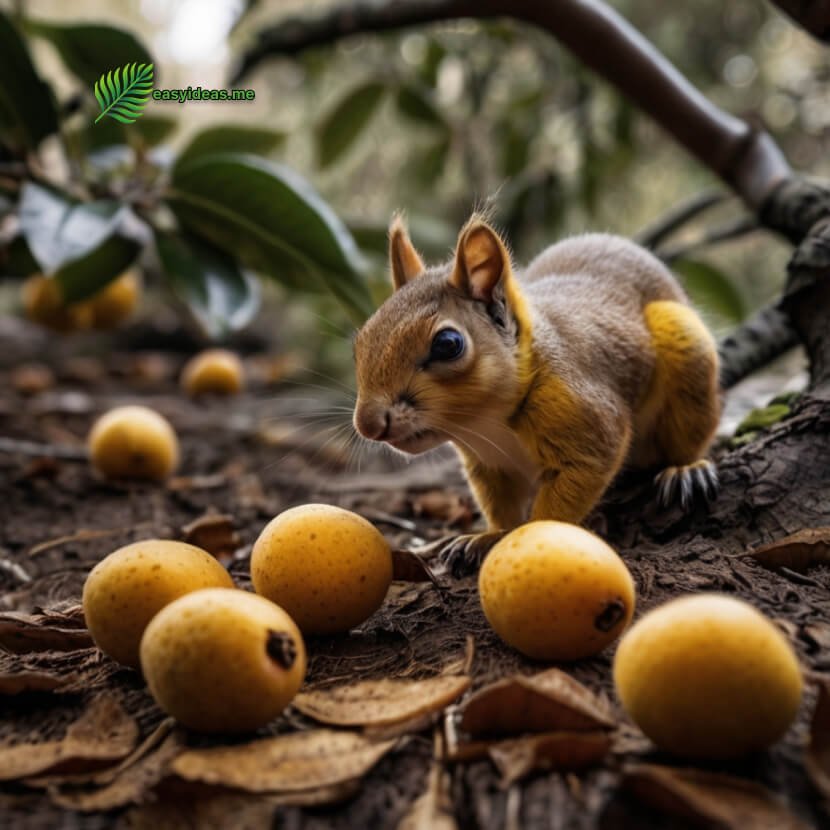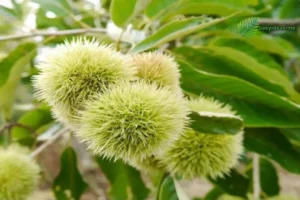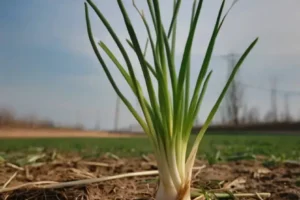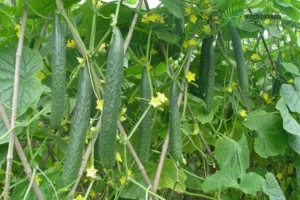Compared to watermelons, cantaloupes are easier to grow. However, many people have found that their cantaloupes lack sweetness and have a bitter taste. So, let’s explore the reasons behind this phenomenon!
When encountering this issue, many people might think it’s due to the cantaloupe variety not meeting standards, resulting in bitter-tasting fruit. However, this scenario rarely occurs.
During the initial growth stage, cantaloupes are in a self-protective state, so their rinds contain a large amount of bitter compounds. As the cantaloupe matures, these bitter compounds in the rind gradually undergo transformation. When the cantaloupe ripens naturally, we will be able to enjoy sweet cantaloupe.
So how should we prevent this disease when growing plants?
- Avoid excessive nitrogen fertilizer. When growing various types of melons, over-fertilization with nitrogen can lead to bland-tasting or even bitter melons. Therefore, during the early growth stage of young cantaloupes, reduce nitrogen fertilizer and switch to phosphorus and potassium fertilizers.
- Avoid root damage. If you grow cantaloupes on your balcony, the limited space can easily result in root and stem damage when arranging the plants. Damaged roots can deprive the cantaloupes of necessary nutrients, leading to bitterness. Therefore, when growing cantaloupes on a balcony, securely tie them with strings to prevent breakage and root damage.
- Prevent water stress. Cantaloupes have increased water and fertilizer needs during their growth stage. Ensure the cantaloupes do not suffer from water stress. Prolonged water stress can result in the accumulation of bitter compounds in the fruit, which cannot be metabolized, ultimately causing bitterness.
- Short daylight exposure. This is quite common when growing on balconies. Many homes do not receive sunlight all day long, resulting in insufficient light for proper photosynthesis and nutrient provision to the melons. Therefore, when growing cantaloupes on a balcony, pay attention to this issue and choose a location with longer hours of sunlight for the melons to receive as much sunlight as possible during their growth period.

- Cantaloupes are harvested prematurely. As mentioned earlier, during the growth process of cantaloupes, a significant amount of bitterness is produced in the early stages. As the cantaloupes mature, the bitterness gradually fades away. If we harvest the cantaloupes before they are fully ripe, they will naturally have some bitterness.
- Excessive use of pesticides. In large-scale cultivation, there are cases where cantaloupes become bitter due to excessive use of pesticides. After pesticide spraying, the plants may experience growth problems, leading to inadequate nutrient supply to the fruit, resulting in bitterness.
In summary, we need to pay attention to the following three important points. First, focus on water and fertilizer management; second, pay attention to crop protection; third, consider the lighting for crops. Finally, EasyIdeas.me hopes everyone can grow the sweetest cantaloupes for themselves.


